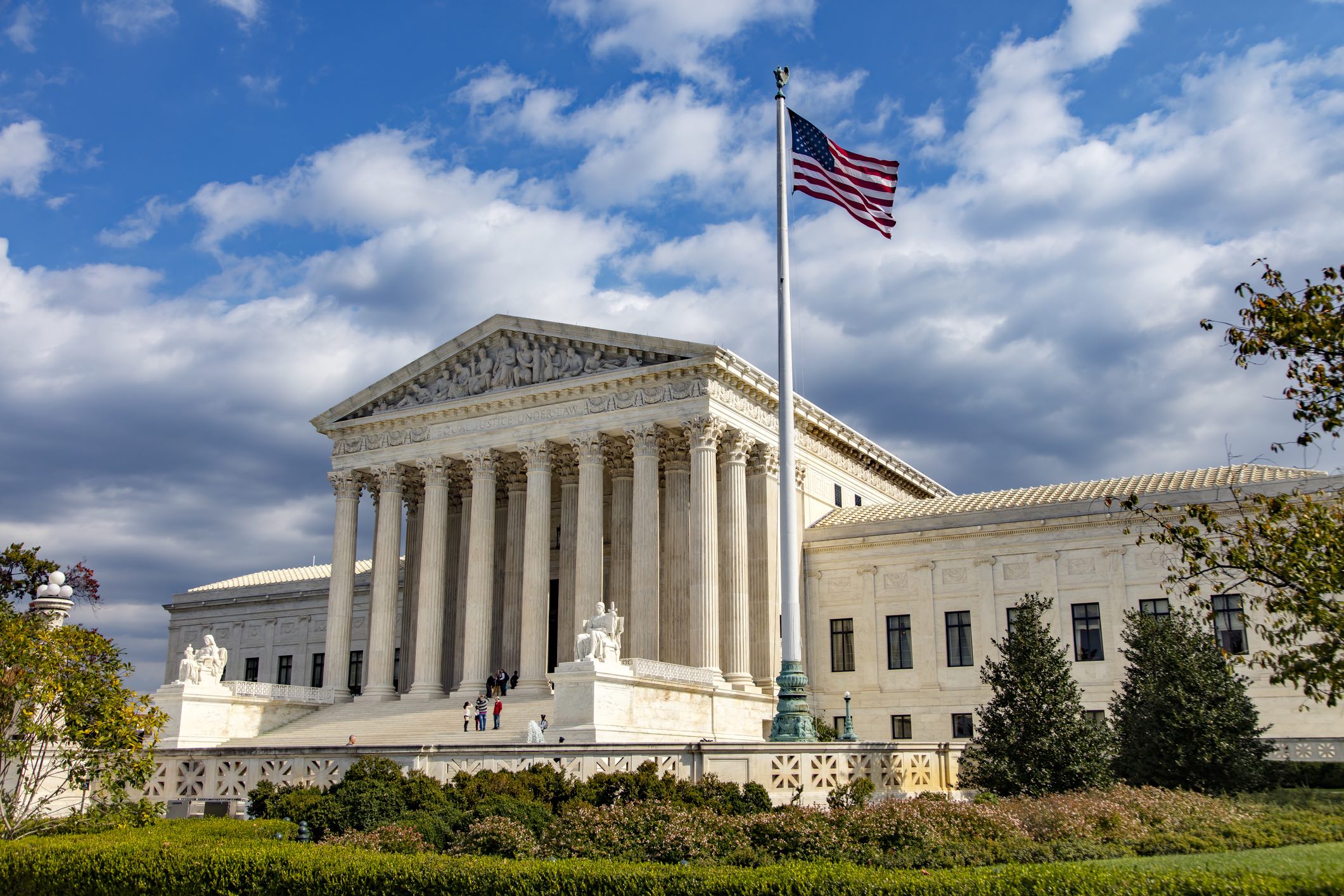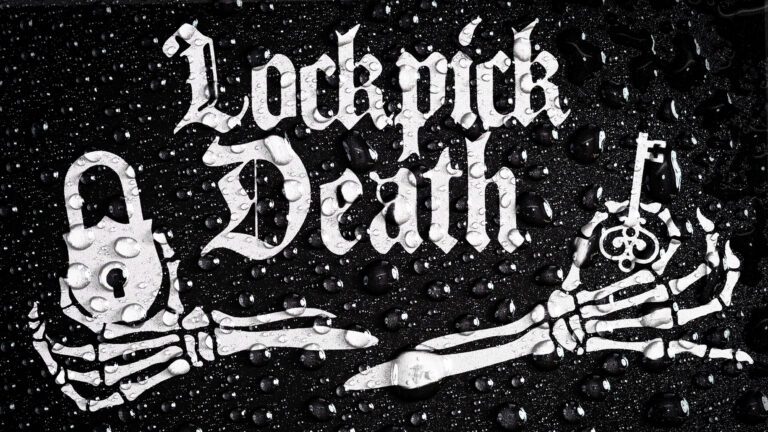State governments may require online retailers to collect sales taxes even in states where the retailers have no physical presence, the US Supreme Court ruled in a decision issued today.
The 5-4 ruling could clear the way for more states to require collection of sales taxes on products ordered online from out-of-state retailers.
The case, South Dakota v. Wayfair, Inc., Et Al., involved a South Dakota state law “requiring out-of-state sellers to collect and remit sales tax ‘as if the seller had a physical presence in the State,'” the decision noted. Online retailers argued that the law was unconstitutional, and the State Supreme Court agreed, but the US Supreme Court overturned the state court ruling. South Dakota expects to collect another $48 million to $58 million in taxes a year because of this ruling.
The South Dakota Supreme Court based its ruling on a 1992 US Supreme Court case, Quill Corp. v. North Dakota, which held that out-of-state companies don’t have to collect state sales taxes in states where they don’t have a physical presence.
Today’s Supreme Court ruling said the Quill decision was flawed:
Quill imposes the sort of arbitrary, formalistic distinction that the Court’s modern Commerce Clause precedents disavow in favor of “a sensitive, case-by-case analysis of purposes and effects.” It treats economically identical actors differently for arbitrary reasons. For example, a business that maintains a few items of inventory in a small warehouse in a State is required to collect and remit a tax on all of its sales in the State, while a seller with a pervasive Internet presence cannot be subject to the same tax for the sales of the same items.
“Forty-one States, two Territories, and the District of Columbia have asked the Court to reject Quill’s test,” today’s ruling, written by Justice Anthony Kennedy, also said. “Helping respondents’ customers evade a lawful tax unfairly shifts an increased share of the taxes to those consumers who buy from competitors with a physical presence in the State. It is essential to public confidence in the tax system that the Court avoid creating inequitable exceptions.”


 Loading comments...
Loading comments...
